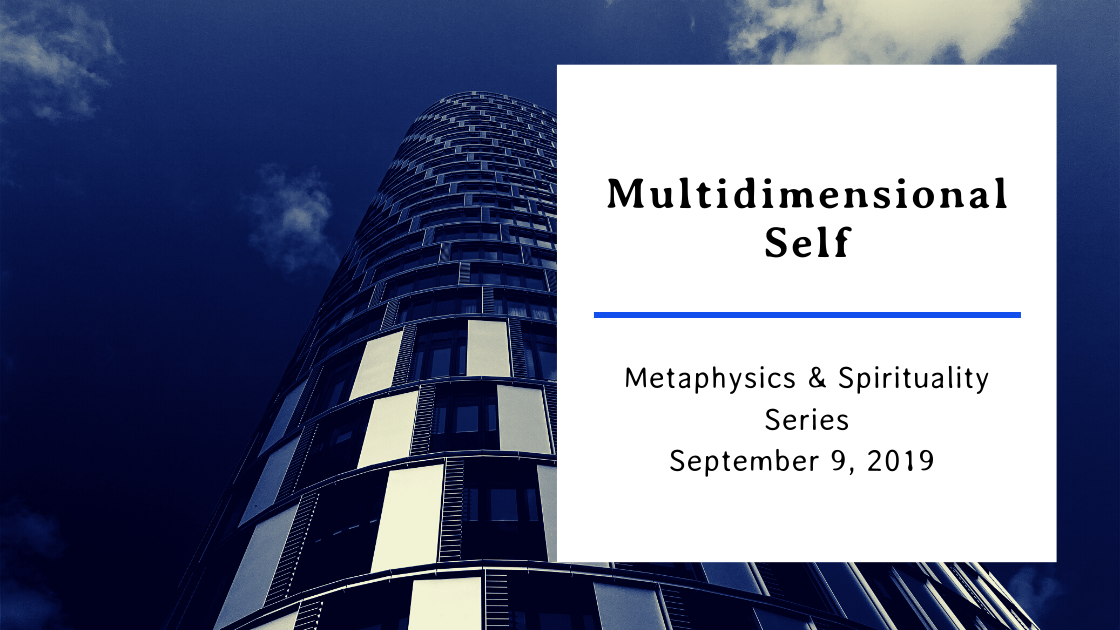My favourite thing about philosophy is how categorizing and defining concepts can lead to better understanding. While studying law, my professors referred to it as taxonomy.
a scheme of classification
Oxford dictionary definition of “Taxonomy”
I always thought this word was more convoluted than necessary.
Why couldn’t we just say categories or something more simple so that everyone could understand and access the topics?
The thing I realized is academics rely on exclusivity of understanding to feed their egos.
Most academic topics use jargon, or specific language, so that not everyone can participate in their niche. Words like intrinsic and taxonomy to describe simple topics.
Special words or expressions that are used by a particular profession or group and are difficult for others to understand.
Oxford definition of “Jargon”
Belonging naturally; essential.
Oxford definition of “Intrinsic”
Even the topic of philosophy confuses and turns people off by being broad and undefined.
Here, my goal is to simplify all the self related topics into one concept that I call multidimensional self which aims to do three things;
A) solidify and bring together all the self topics
B) allow my readers to understand a complex topic in a unique way
C) further my own understanding of this complex topic by communicating it to others.
In order to accomplish the above, it is necessary to start with common views of the self as defined by other philosophers.
What is the self? Defining who you are.
We all know who Sigmund Freud is.
In fact, my humanities teacher made a thorough point of making sure I knew his concepts of the self and his philosophy of psychoanalysis inside out before leaving his class.
The id ego and superego are concepts constructed by Freud.
He argues that there are three parts of the self.

For Freud, the ID is the needs capacity, which desires things, or the child self.
The EGO is the adult self who is aware and controlled by the other two aspects.
The SUPEREGO is the moral judgement capacity. It is the overarching parent who suggests that the needs of the ID are not necessarily morally right for the EGO to participate in.
This is one perspective of the self, and a commonly known one, as it created the foundation for modern psychology.
Freud is known as a great philosopher, and thinker of his time.
Personally, as someone who studied liberal education philosophy I find Freud and his theories quite limiting in their capacities.
What is the Multidimensional Self?
When you define who you are, it’s commonly acceptable to use external factors to define our personal identity.
But the self is more than personal identity.
In many of my personal identity classes throughout university, my professor would ask us;
What is it that makes you unique? How do you define yourself as separate from others?
My response was normally around my love of dogs, bracelets, and all things fashion.
Though, university was a time of self exploration, it was also a time of identity crisis.
So what does the multidimensional self mean?
The multidimensional self is a concept which places each of the “self” topics in a dimension of who you are and shows that you, as a soul, as a spirit being, are all of those dimensions of yourself, but also more.
For example;
Self loathing, self respect, self awareness, self reflection, self love, self discipline, selfishness, selflessness, self exploration, sexual self, younger self, higher self, true self, spiritual self, external self, internal self, self hatred, self harm, self pity, self doubt, imposter self, mental health self, self portrait, physical self, work self, career self
Most concepts with the word “self” attached fits here.
All of these are dimensions of you. Sometimes we get lost in one dimension and lose sight of the way back to the true self dimension.
What I mean by dimension is a place within our mind where we perceive ourselves.
To me, there is an overarching governing one self.
As I research the multidimensional self it brings me to a lot of spiritual talk.
I want to point out that this concept, to me, is within your mind and your soul.
I am not particularly interested in soul groups, or the oversoul. Not even sure what that is!
What I do want to argue strongly here is you are made up of more than external factors.
There are more dimensions to the way we perceive our self than just defining it by external means.
Remember…
This concept is one that I need a bit more time to work through! That being said, I always appreciate comments and feedback!
Please leave me a comment, or give this post a like if you understood even partially what I am trying to get across!
Blessings!!
Stay true, stay weird.
~~~ Kristina
